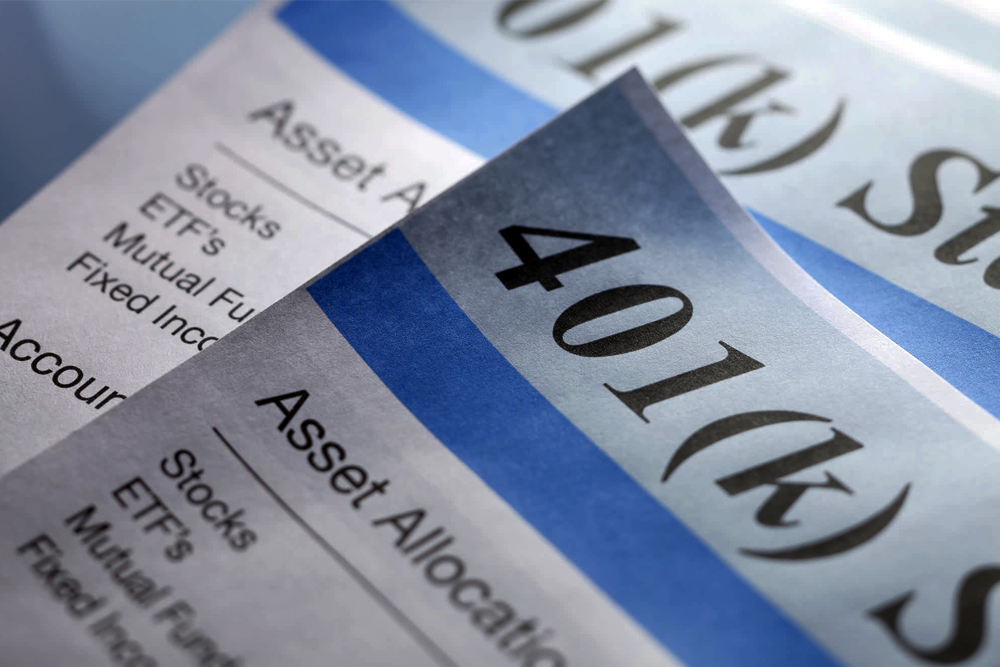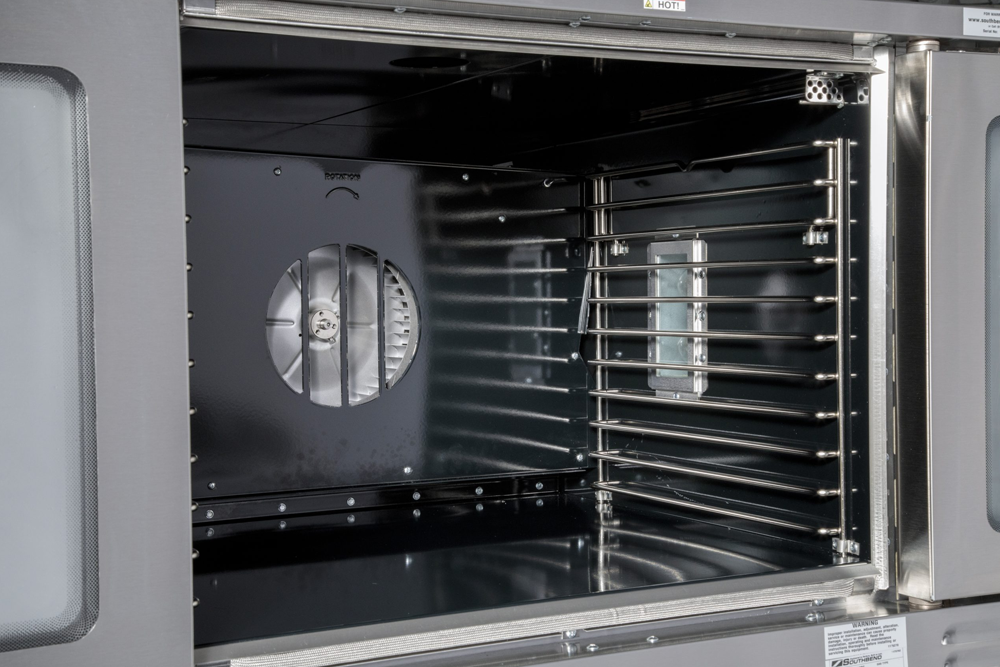Personal guarantees are among the aspects of funding a small business that entrepreneurs like to hate. As far as you are looking for a small business loan, you might be requested to provide a personal guarantee of the business loan, either in part or full. In fact, laying one’s own funds on the line is a common expectation today.
Almost by definition, a personal guarantee is unsecured, which means it is an amount not tied to any particular asset like residence. Nonetheless, by making a guarantee, you are putting yourself- and your assets- on the hook, by acting as the loan’s co-signer. If your business dissolves, you will be accountable for repayment. Creditors will go after you in case your business fails to repay the loan.
The Small Business Administration now requires that anybody must personally guarantee all loans it guarantees with a twenty-percent or greater ownership stake. Other lending institutions have followed suit. Many banks expect entrepreneurs to make the guarantee, which is a risky thing for a business owner to do. However, working with a bank, it can be done right. Should you decide to apply for a short term small business loan, here is what you need to know about risk involved in a personal guarantee.
What does it mean to provide a personal guarantee for a short term business loan?
A personal guarantee from an executive who has at least a twenty-percent stake in the company or from a business owner is used to secure financing by promising the lender that they will clear the remaining debt if the business defaults. Most lending institutions want to see that both the business owner and small business have a strong credit history and are stable financially. For example, the SBA requires a personal guarantor on all their l9oans and has minimum credit score requirements. The stronger the credit score, the better the chance of successful approval and better pricing on most loans.
Why do lenders require personal guarantees?
Lenders need extra assurance that you are dedicated to paying back the loan and a culpable business owner who has personally invested in the business. For some reason, business lines and loans, it is possible that, with a significant commercial credit profile, you will be able to get a business line without a personal guarantee. However, a rule of the thumb, when assessing a loan applicant, most lenders look at revenue to judge if the guarantee is needed or not. If you are an SMB with revenue below $25 million per year, you will possibly be required to sign personally. Both your personal credit FICO and credit scores might be assessed and analyzed for risk.
Risks of personally guaranteeing your business loan
The risks involved with personal guarantee in a short term business loan will be based on how you manage to clear it and the amount of debt you already have. As long as the account is reported to personal credit, the heavy debt will reduce your available credit and make it challenging to take out a mortgage or personal loan. In case the loan defaults and you have a personal guarantee, the collection, charge-off, and in the end, judgments will be reported and drastically affect your credit scores. When you provide a personal guarantee, you are putting your personal funds, credit, and company credit at risk. (To be clear- for business funding with a personal guarantee, any adverse information would report to both the personal and business credit bureaus).
If you have not separated company finances from personal and you have failed to build up business credit profiles, your business credit reports will be bare. Not only will they portray you as a high-risk borrower, but also you will be more susceptible to damage the credit score. Note that any negative data that reports on naked profiles will wreak havoc on your credit scores. Sadly, cases like these are common, and if the company was to fail, you would be justify with crippling debt and critically destroyed credit. Before providing a personal guarantee, it is essential to speak with an attorney and investigate limited versus unlimited personal guarantees.
Limited personal guarantee
With a limited guarantee, the lender and the borrower agree on a set limit. If you would ever default on a business loan, you would only be accountable for that predetermined liability. In most situations, a limited guarantee is used when many executives with twenty-percent or more stake in the business are personally signing for the loan.
Unlimited personal guarantee
In the case of an unlimited guarantee, you are authorizing the lender to gather 100-percent of the loan amount and often any legal fees that arise from your failure to pay. The lender can collect on personal assets like retirement funds, cars, savings accounts, vacation homes, and your home in simple words. Most states have homestead laws in place that keep your retirement accounts and primary home off-limits to most creditors.
Before you sign on the dashed line, ensure you know what will happen if you sell your business section, and understand that your business model will not supersede your liability on loan. That is, simply because you set up an LLC to limit personal liability does not cover you from liability in an unlimited personal guarantee.
Making a small business personal guarantee: three things to watch out for
- Consider other responsibilities your bank might tie to the guarantee should the loan default: These can include legal fees, interest, and other miscellaneous costs. Take this amount into consideration plus the original guarantee amount before you sign.
- Examine and read the bank’s actual guarantee agreement carefully: If you have an advisor or legal counselor, have them also review it for you.
- If you are thinking of making a personal guarantee on a business that is not solely your own, think about it again: Typically, if you are not the manager or owner of a company, you should not be offering to back it on a standard bank small business loan.
How much should you risk?
Back to the loan application. When filling the application, you will come across several questions about whether you intend to guarantee the loan, and by how much personally. Typically, this will be a simple yes or no and the amount. You will also possibly be asked about collateral, which is also increasingly a separate requirement. This requirement varies from lender to lender. Before you begin filling out the loan application, and probably before you meet with your lender, you will have to determine what you can reasonably manage to risk.
In today’s lending market, it is not regarded as unreasonable to back your own loan 100-percent with a combination of a collateral and cash guarantee, which can come in the form of home equity, property, and other investments, following analysis by the director of the Small Business Development Center at Richards College of Business, William C.Deegan.
Having said that, since there is no golden principle of what percentage of the loan you should guarantee, it is acceptable to negotiate. Figure out what your lender expects by asking the percent of the bank’s total small business loan portfolio is guaranteed. Bear in mind that expectations can vary depending on many elements, from geography to the section in which your business operates. Mainly, the effect of your loan will depend on your lender’s desire to take a chance on your company- and what percentage chance they are inclined to take. That is a two-way street, of course, since putting up a guarantee can strengthen your loan business loan application greatly.
If you are not comfortable or you are unable to guarantee 100% of your small business loan, you may want to consider breaking up the responsibility among many parties, incorporating your business partners, spouse, or investors. Before you accept any kind of personal guarantee, you have to look at your business and your funds objectively, understanding the real probability that, despite your best intentions and efforts, there is a probability your business could fail. Think through all the possible ways every provision within the agreement can impact your business and your personal funds down the line. Eventually, you must ask yourself if the risk is worth the profit.
Moreover, remember that a business loan or lease should not be taken lightly, whether in the short or long term. It can have consequences on you personally for years to come. Banks take on a lot of risks when offering loans, and they want to ensure you are serious, and you are inclined to risk your own financial future on loan. It is also essential to remember that loans with a personal guarantee are often cheaper (based on a personal credit score of the company and the state of the business) since the risk is lower for the lender.
Simply because there could be a risk in personally guaranteeing does not mean there is no great reward. Suppose you are paying seven percent interest on a personally guaranteed loan, as opposed to a higher-risk loan with interest at twenty-plus percent. In that case, there are significant savings that can lead to success and profits.











